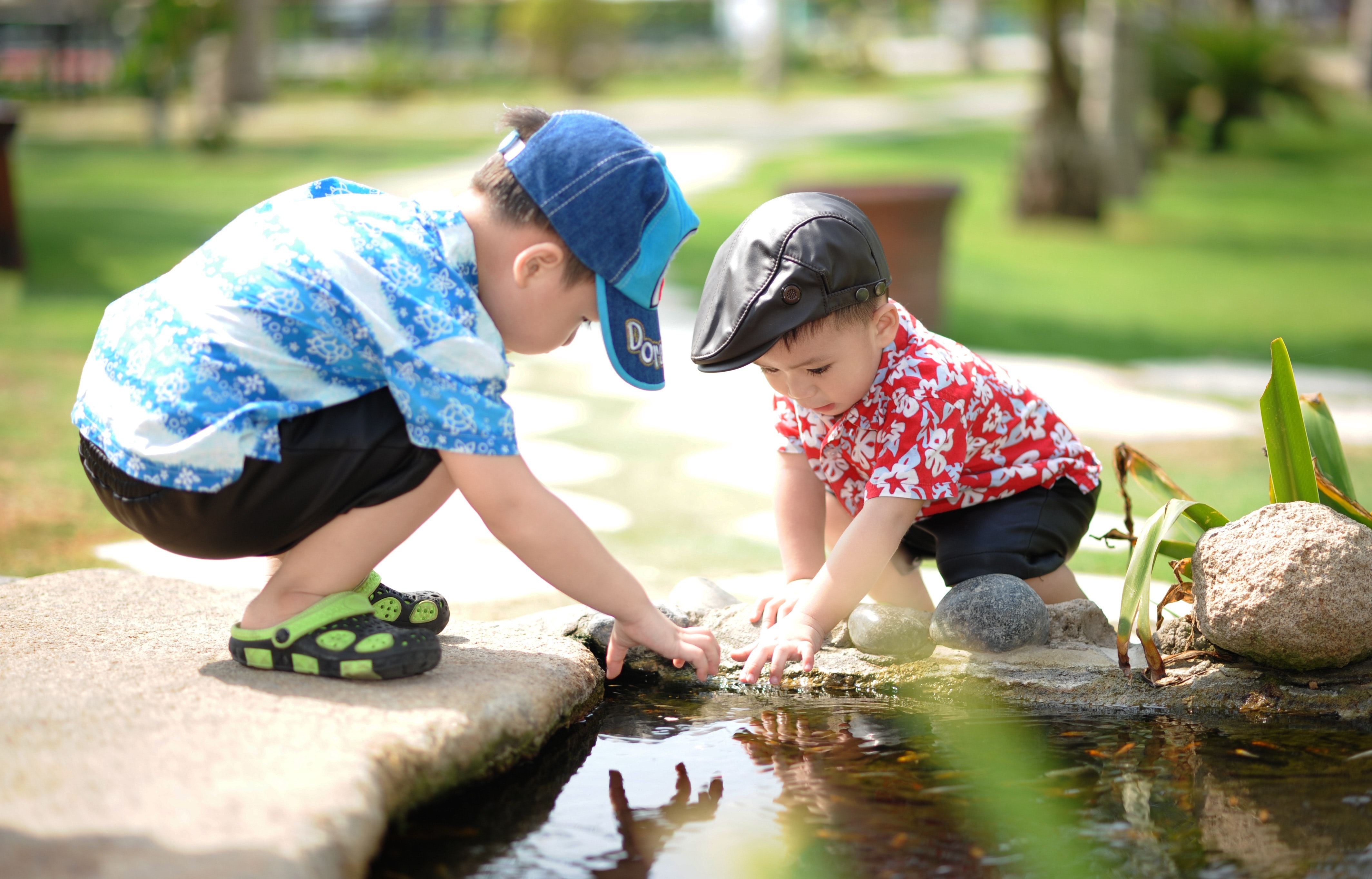
The study of the environment
The proposed approach was applied within the context of the study of the environment, which is one of the basic courses of the primary school curriculum in Greece. We opted in favor of this discipline, which encompasses the study of the physical and natural sciences, as it corresponds to scientific fields that motivate and engage students in deeper learning. Indeed, these areas of interest fascinate young children since they introduce them to the world around them, which they are biologically prepared to explore and learn about, just as they are biologically predetermined to learn to walk, to talk and to interact socially. Due to this fact, the belief that physical and natural sciences are ideal content areas for supporting children's learning and development has already been entrenched. At the first stages of schooling, the children's spontaneous interest towards physical and natural sciences operates beneficially for introducing fundamental scientific concepts and facilitates the interpretation and the understanding of the world in which they live. Additionally, the exposure to physical and natural science concepts cultivates general skills required not only in a wide range of scientific domains but also in several aspects of everyday life (Eshach & Fried, 2005; French, 2004; Trundle, 2015).